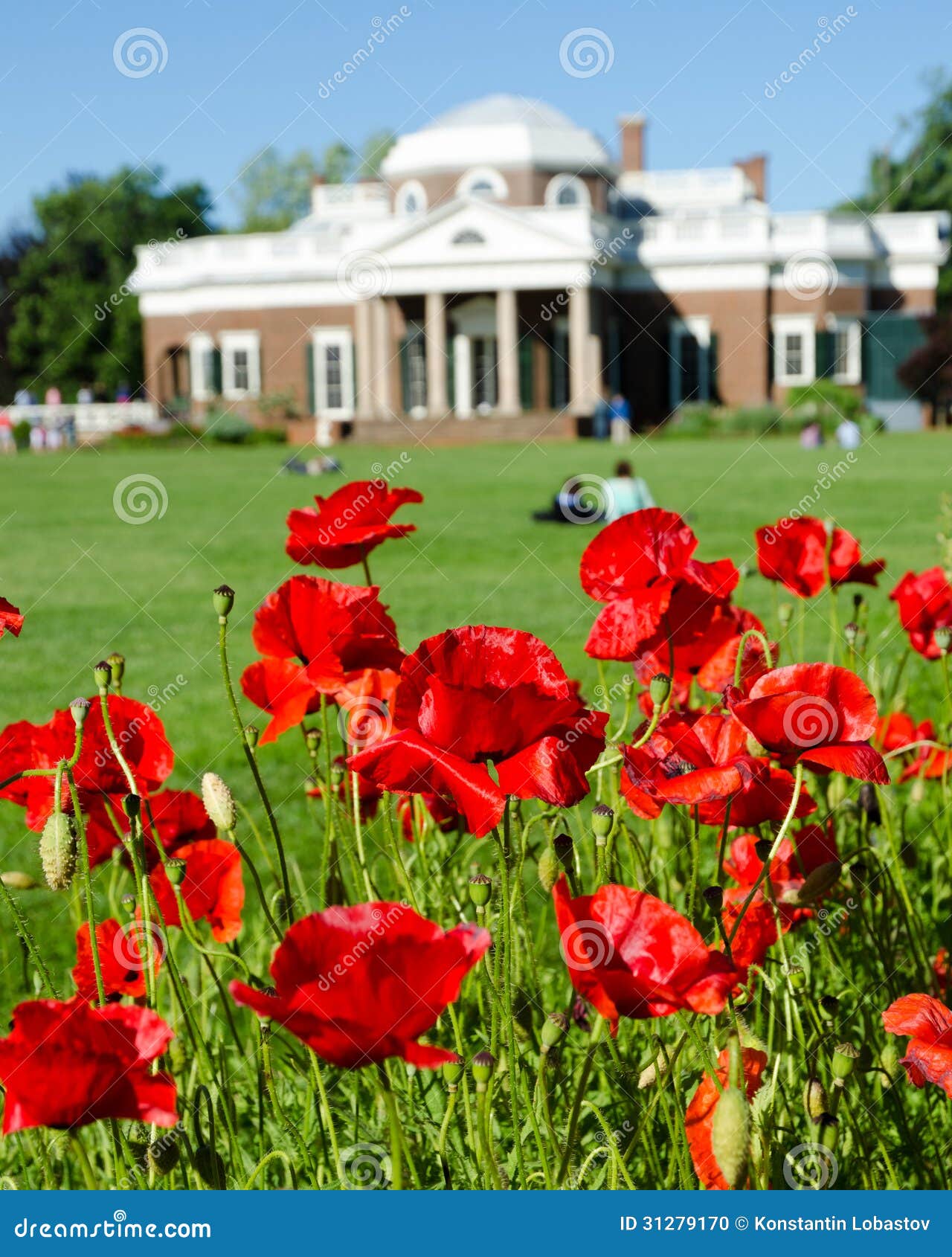October, 1863
New Jersey
General Robert E. Lee waited silently as Abraham Lincoln took in the destruction. Once again, the British Royal Navy had wreaked havoc upon the massive New York Harbor. That the British had paid mightily for the destruction in men and ships was precious little comfort.
In late September, 23 British warships entered New York Harbor. Most of these were ironclads of some nature or another. They included three purpose-built ironclads and over a dozen others which had been converted over the past 5-10 years by adding layers of armor. Even the non-ironclads of the group were gained additional measures of protection where a bit of iron could be slapped on without affecting her speed overmuch.
For the past year, America's shipyards had churned out everything that they could and had several new classes of river and ocean-going ironclads in varying stages of construction. However, that would not help now.
The core of the American defenses lay in the broadside Ironclads New Ironsides and Galena. Four Passaic class monitors had also been added to the mix while another 18 warships of varying size, quality and armor had been assembled in New York.
Beyond this, many of the old wooden sailing ships, mortar ships and the failed "Casco" class monitors had been dragooned into serving as floating batteries under coordination and protection of the assorted fortifications.
General McClellan, in command of the region had assembled a might collection of 40 enormous "siege" weapons which he had placed throughout the harbor alongside hundreds of Dahlgrens, Parrotts and even smaller cannon like the old Bronze Napoleons. Doubting that infantry would be required as much in a future battle of New York, he had transferred over nearly 10,000 infantry to artillery and placed them under command of trained officers to drill them relentlessly.
Unlike the previous battle, Manhattan had been armed to the teeth with these weapons, all built upon the highest ground possible. En route to Montreal, Lincoln had taken in the improvements and promoted McClellan on the spot to Major General.
The fortifications of the Harbor were built up but it seemed almost impossible for every portion of the vast harbor to be thoroughly guarded. The Navy must go it alone sometimes.
The battle was vicious. Unlike the previous engagement, the American Ironclads had time to train, not only within the ship but as a fleet. Admiral Dalhgren would lead the "slow fleet" of ironclads while Admiral Farragut would lead a "fast fleet" of quicker but less heavily armed ships.
Both were somewhat shocked by the British strategy. They were expected to follow in the footsteps of their predecessors in concentrating upon the American fleet and merchant ships in the harbor while largely avoiding the major fortifications. But the British fleet effectively divided into 4 squadrons in contravention to naval strategy and simply attacked whatever was before them.
This bizarre strategy at first seemed to pay off as the American ships proved unable to maneuver with the larger, faster British vessels. However, the sheer firepower of the fortifications and their offshore batteries would soon take a toll on the British fleet and, without further orders, each squadron began to keep its distance. Instead, they began to focus on the American fleet and the merchants.
Another nasty surprise for the British was the fact that the American fleet had figured out that the huge Dahlgren guns (invented by the Admiral himself) could see vastly improved velocities (stopping power) by increasing the powder charge. This had been reduced in the past for fear of bursting the guns. Soon, it became apparent that the Dahlgrens were the most powerful guns, pound for pound, in New York Harbor.
On the other hand, the British conversion of their secondary guns to Armstrongs would not prove as fortunate. While the infantry loved the lightweight (and therefore easily transported), rapid firing and deadly accurate guns, they would prove deficient in velocity and nearly useless and modern armor plating. As far back as 1861, the Royal Navy was planning to remove the Armstrongs and replace them with old-fashioned muzzle loaders.
Thus, the American Ironclads gave as good as they got, their Dahlgrens punching holes easily in even 6 inches of armor. The smaller, less armored American ships, though, would take terrible beatings.
Soon the American fleet lost cohesion and settled into a free for all. A few of the British squadrons though managed to stay together to steam onto Manhattan, barely recovering from the first attack. The American Army, though, would be ready with dozens of heavy guns and a hundred lighter. The British would lose several ships to these weapons but had fired enough "hotshot" and explosives into the neighborhoods of Manhattan to set the place ablaze once more.
From dawn to dusk, the battle ebbed and flowed until, finally, the British commander signaled a retreat. Only 13 of his 23 ships answered the call, the other twelve having sunk, burned to the waterline or been taken. Among these were six of the more powerful ironclads in the fleet.
The Americans would, once again, see a quarter of Manhattan burn in a single day, with the fire spreading through the island over the following days. An estimated 52% of buildings on the island would be lost.
Of her fleet, 15 warships, including three of the four heavy Passaic class and the USS Galena, would be lost or abandoned. Another 40 merchant ships would be burned, usually while they sat at anchor effectively unmanned, to the waterline.
Most of the remaining British and American ships would suffer high levels of damage, several of the latter being beached.
The British were not done suffering yet as an early winter storm would overtake their fleet on the way to Halifax. One ship was abandoned as she foundered, her crew being rescued by a nearby ship. Yet another just disappeared without a trace. This one held the commander.
The British sailors (whose commander had been lost) would speak in awe of the American Monitors, their shallow profiles and the sheer power of their guns.
But that did not hide the fact that Britain could afford such losses....America could not. Britain had hundreds of ships and dozens which equaled or exceeded the power of anything the Union could field in 1863 (1864's ships may be another matter). Even with the bizarre decision by the British to assault powerful fortifications, the Union lost more vessels. And the cost to Manhattan.....
Lincoln considered this as he looked upon Manhattan across the Hudson from his perch in New Jersey. For a long moment, the darkness threatened to overcome him. Slowly, Lincoln rebuilt his will and turned back to Lee, who had accompanied him to New York.
"Well, this is as bad as I feared. And I was in such a positive mood last week".
The voyage back from Canada via rail and the Grand Trunk, then down through New England and New York, had been pleasant at first. Then it got rather worse as news of the attack had been telegraphed up the line.
Lee remained solemn for a long time until offering, "This was going to be the Confederacy's fate."
Understanding the non-sequiter, Lincoln nodded, "Yes. Once the Union was divided, Britain and France would be able to dictate terms to....well....BOTH Americas as neither would likely be strong enough to resist. I believe that this.....this....abomination had only been put off over the past 50 years due to America's inward-leaning politics."
"They expect us to come to terms." It was a statement, not a question.
Lincoln agreed. "That seems to be the case. However, you and I both know that a peace with Britain would entail. And I don't mean the cession of Canada back to Her Majesty." Lincoln looked across the Harbor again as if to burn the sight into his memory. "Any peace now would require a unilateral disarmament of our growing navy. Britain would want to be able to do.....this.....any time she liked."
"Then you don't expect to come to terms?"
"Not after this. No, we must build up our Navy to the point where such actions are simply too expensive for the Royal Navy."
Lee waited a long moment before inquiring, "Why did you request that I escort you back, Mr. President?"
Turning his back to the billowing pillars of smoke, Lincoln allowed a wry smile to cross his features, "Why? Why, to offer you a command, General!"
Confused, Lee waited a moment and replied, "Given the British control over the waves and an almost impassible forest in Maine and New Brunswick, an invasion of the Maritimes seemed infeasible."
"Not north, General," Lincoln's grin disappeared as he took another look at the devastation. "South."
"Mexico," Lee realized.
"I believe that you've been there before, General. 1846 or so?"
"Yes, and I didn't enjoy the experience. The locals did not take kindly to Scott and Taylor."
Lincoln laughed, "I believe there are ten million or so natives who will be happy to see you this time. Pope has finally cleaned up Texas. I am repeating Polk's strategy in Mexico by sending two armies, now you and Grant, to drive the French out of Mexico. I think we are all in agreement by now that Kings and Queens are best left in Europe."
In truth, Lee was not eager for such a rigorous campaign. He was getting on in years but the honor Lincoln offered to him was great indeed. Virginians were not terribly popular in America these days and offering an independent command implied a great deal of trust that Lee did not want to let down.
"I do have a request, Mr. President," he offered hesitantly. He did not like to make demands of the Commander in Chief.
"Name it."
"Several southern officers, well several dozen at least, probably hundreds," Lee began, "have offered to renew their loyalty to the Union. Perhaps such an engagement against a foreign foe may be a good time to bring them back into the fold."
Lincoln laughed, "If you are speaking of Sherman and Longstreet, I'm afraid your old colleague Grant has beaten you to the punch. He gained my permission for them to rejoin the army as Brigadiers under his command. Even General Armistead will be serving under Grant. I felt it important to make this a North AND South endeavor. Beauregard, however, is finding rail executive life too profitable and he declined to rejoin the colors. His wounds made his participation unlikely anyway."
Disappointed that Longstreet would not join him, Lee was surprised when Lincoln continued, "However, you may have a few of your countrymen from Virginia. General George Thomas, I believe, if an old acquaintance of yours and agreed to assume a division under your command. Generals Jackson, Pickett and Stuart have also volunteered and I have accepted pending your approval of their service."
Thomas was indeed an old friend of Lee's and, honestly, Lee had assumed, should the two ever serve together, that Lee would serve under Thomas' command. But George Thomas was a naturally modest man who shunned the spotlight. Jackson, Pickett and Stuart he only knew in passing and by reputation. Jackson's brilliance could not be debated, Pickett (though the goat of his West Point Class) had performed well in the field and Stuart was among the best of the Confederate cavalry Generals.
"Mr. President, I am overwhelmed. I shall do my utter best not to let you down."
"Just put President Juarez back in Mexico City and the Frenchies back to France and we shall call it even, General."




